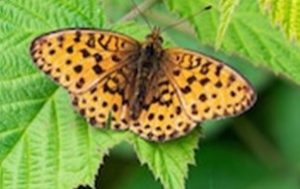
Dark green fritillary
Violets are common and widespread throughout the UK so why plant them? Violets are the foodplant of many native Fritillary butterfly caterpillars including Pearl-bordered, Small pearl-bordered, Silver washed, Dark green and High brown. Unfortunately, only Silver washed and Dark green can be found in Kent. Go to https://butterfly-conservation.org/ to find out if any populations live near you.
There are several different species of violet and Fritillaries will use most of them, but Silver washed prefers Common dog violet and Dark green prefers Hairy violet. Hairy violet grows best on chalky soils and Common dog violet prefers fertile, moist, but not waterlogged, soil. In our school grounds we have clay soil, so we have the most success growing Common dog violet.
It is easy to grow violets in your school grounds: you can sow the seed in autumn in a cold frame or you can divide plants in the autumn after flowering. Over the past few years, we have managed to plant a large bank of violets just from dividing plants at this time of year and planting out. Violets tend to spread quickly so it isn’t difficult to find donations from parents’ gardens. Whichever species of violet grows best in your grounds, remember that you will need large patches of them if you want to encourage breeding Fritillaries.
Find tips for gardening for butterflies: https://museumofzoologyblog.com/2020/04/08/gardening-for-butterflies/
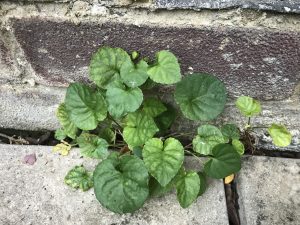
Common dog violet with distinctive heart-shaped leaves
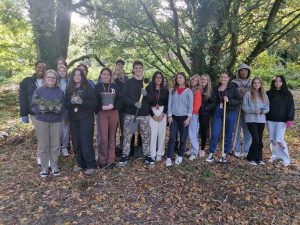
Y12 conservation group in front of our violet bank
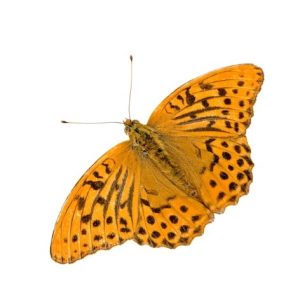
Silver washed fritillary

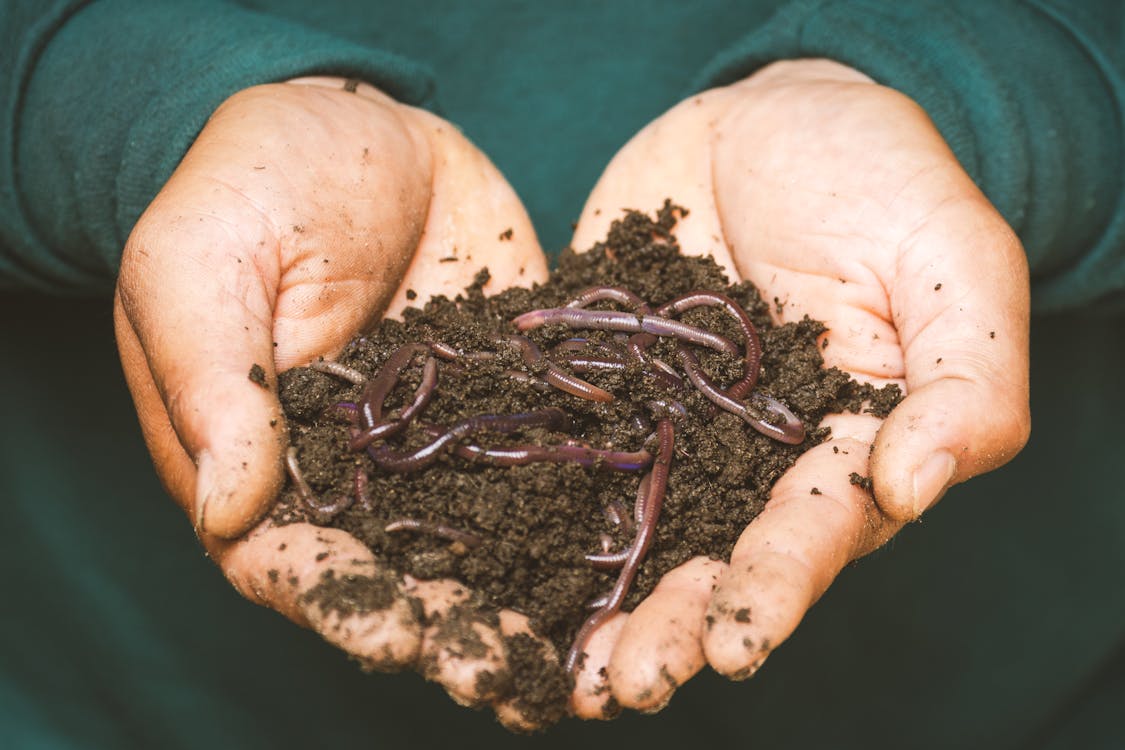

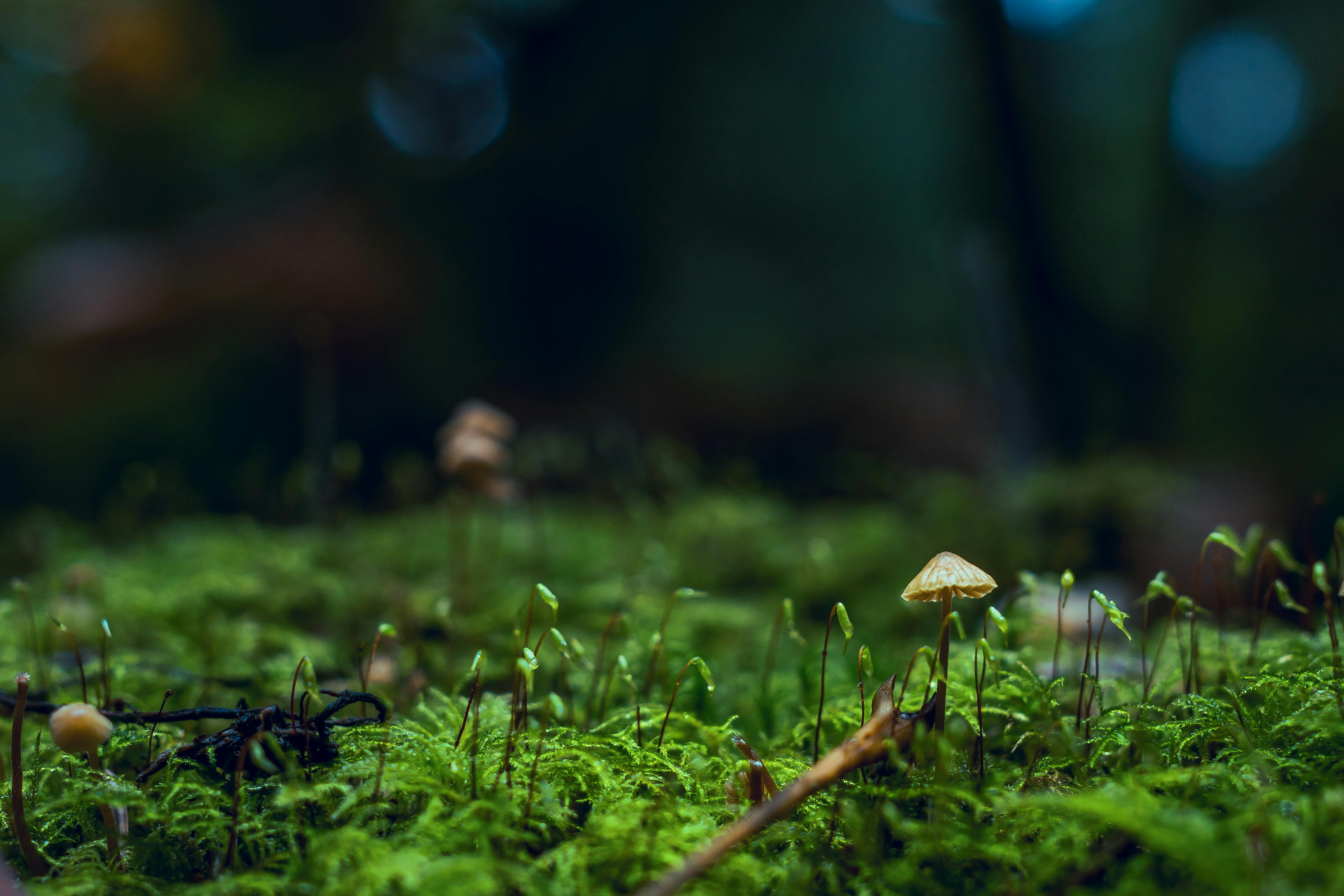
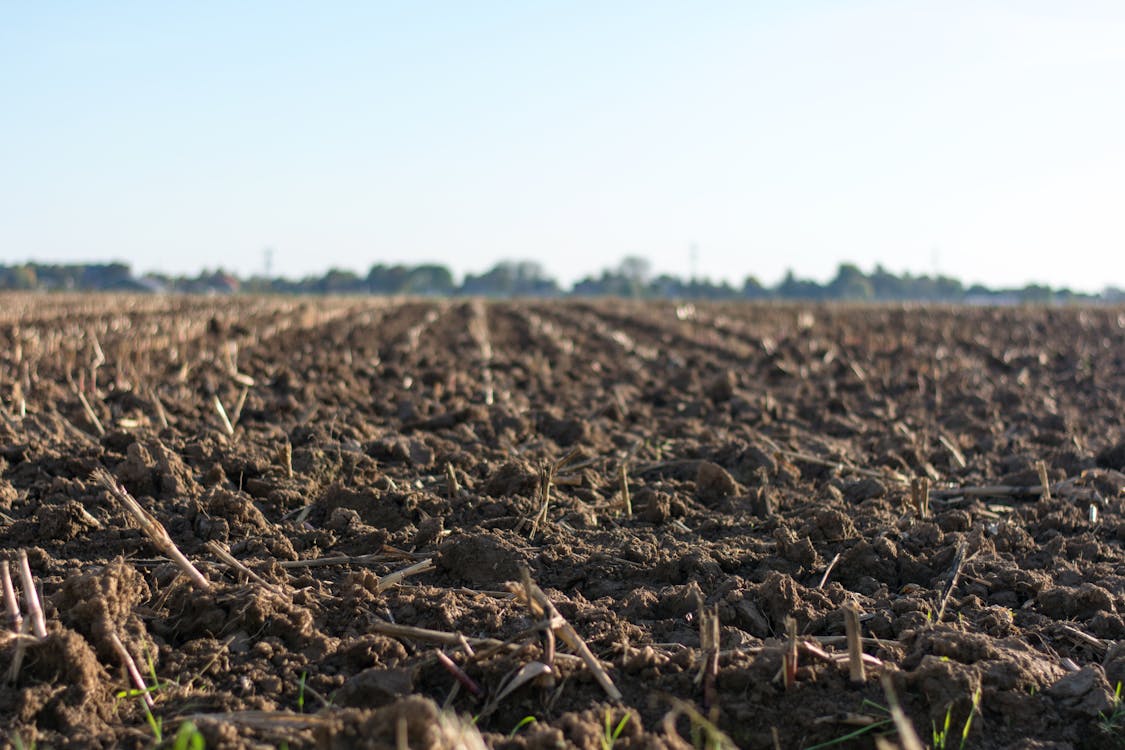
0 Comments